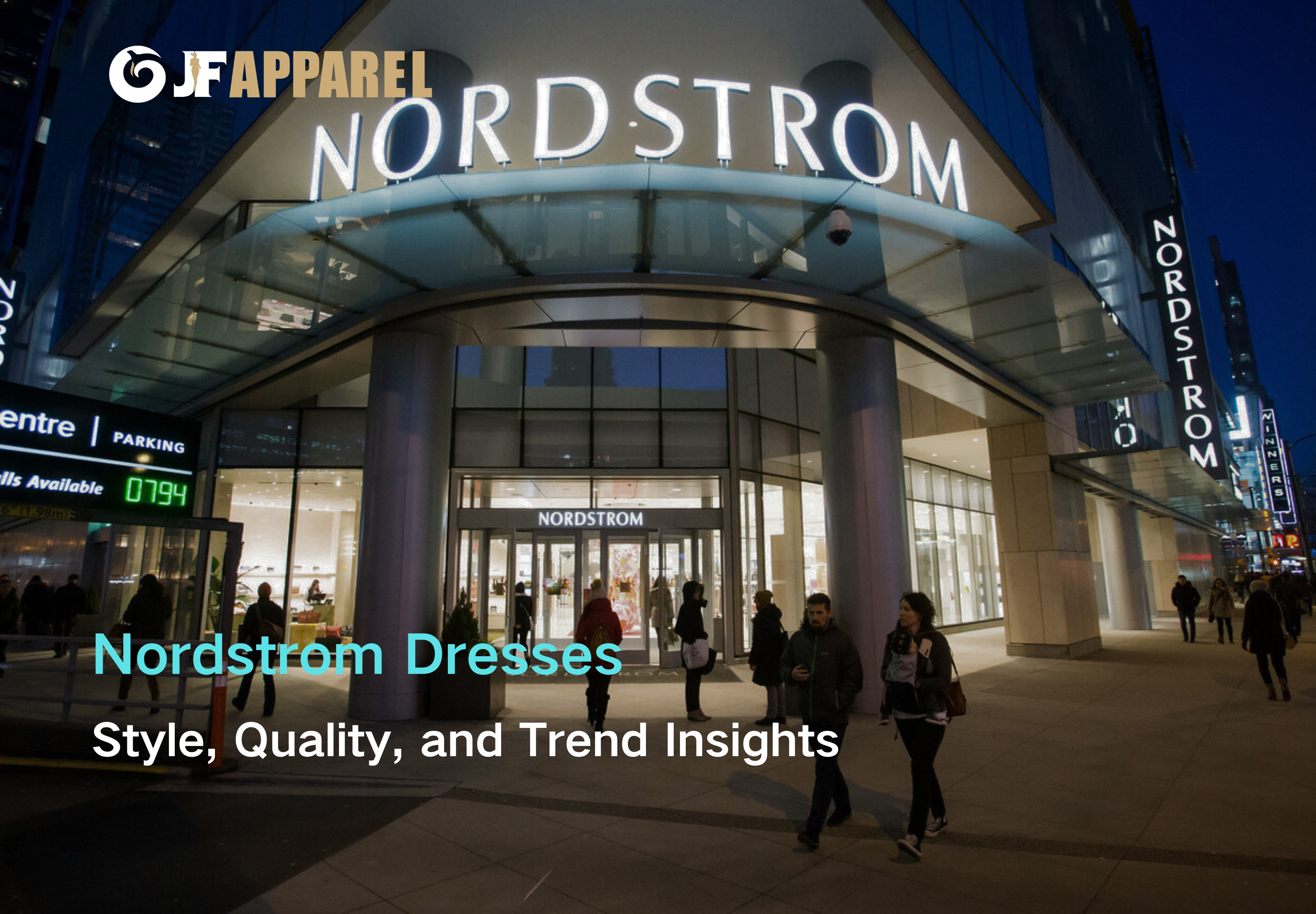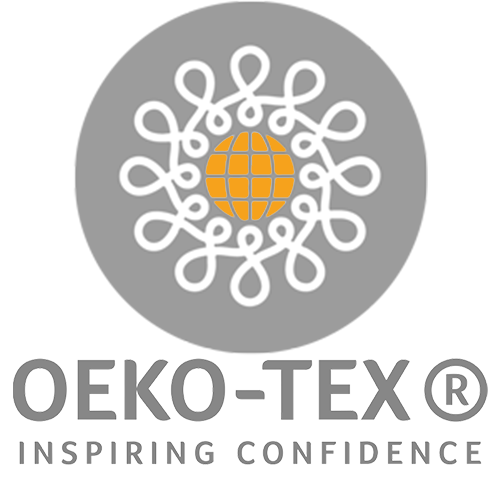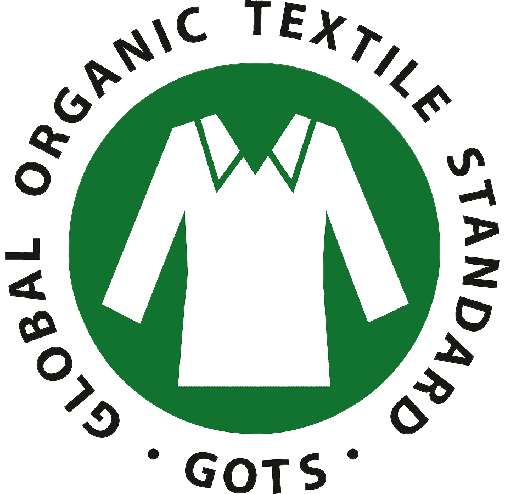Tweed Fabric
Tweed fabric is a classic textile originating from Scotland, renowned for its distinctive patterns and textures. Woven from wool fibers, Tweed is celebrated for its exceptional durability and warmth. This fabric is not only ideal for various apparel designs but also for home décor, embodying a perfect blend of elegance and practicality.
Key Features
- Exceptional Durability
- Superior Insulation
- Distinctive Patterns
- Natural Water Resistance
- Breathability
Unique Craftsmanship and Differences from Ordinary Fabrics
Handwoven Tradition: Traditional Tweed is often handwoven, making each piece unique. This meticulous craftsmanship differentiates it from machine-woven ordinary fabrics, preserving intricate details and personalized characteristics.
Natural Dyeing: Tweed fabric frequently uses natural dyes, offering more vibrant and eco-friendly colors. In contrast, ordinary fabrics typically employ chemical dyes that may harm the environment.
Fulling Process: The fulling process involves repeatedly washing and milling the fabric, making it denser and stronger while enhancing wind resistance and warmth. Ordinary fabrics generally lack this treatment, resulting in lower density and strength.
Multi-Layered Structure: Tweed fabric is often woven with a multi-layered structure, increasing its thickness and durability. Ordinary fabrics usually have a single-layer structure, offering less strength and insulation.
Natural Wrinkle Resistance: Wool fibers have a natural resilience to wrinkles, keeping Tweed garments looking neat. Ordinary fabrics often require additional treatments to achieve similar effects.
Available clothing types
- tweed suit white
- Tweed jacket blue multicolor
- Tweed sweetheart neckline raw-edge button strap mini dress
- Balmain tweed button-down dress

Application scope
- Outerwear: Perfect for crafting jackets, coats, and capes, providing warmth and durability.
- Suits: Adds an elegant touch to tailored suits for both men and women.
- Accessories: Ideal for hats, scarves, and bags, offering both style and practicality.
- Home Décor: Used in upholstery and soft furnishings, adding a rustic charm.
Benefits and Uses
- Outerwear and Jackets: The durability and warmth of Tweed make it ideal for crafting outerwear and jackets.
- High-End Tailored Suits: Provides an elegant appearance and comfortable wear, making it perfect for high-end tailored suits.
- Versatile Accessories: Suitable for creating hats, scarves, and bags, enhancing overall fashion appeal.
- Home Décor: Adds a cozy, countryside feel to soft furnishings and upholstery.
Frequently Asked Questions
Is Tweed fabric suitable for summer wear?
- Tweed is generally thicker and more suitable for cold weather. However, lighter versions can be used for transitional seasons.
How should I store Tweed garments?
- Store Tweed garments in a cool, dry place. Use padded hangers for jackets and coats to maintain their shape.
Can Tweed fabric be customized?
- Yes, Tweed fabric can be dyed in various colors and patterns to meet specific design requirements.
What are the advantages of handwoven and naturally dyed Tweed fabric?
- Handwoven Tweed preserves traditional craftsmanship, while natural dyeing offers more vibrant, eco-friendly colors.
How do I care for and clean Tweed fabric?
- Professional dry cleaning is recommended to maintain its best condition. Avoid bleach and iron at medium temperature on the reverse side.
How to view the complete FAQ
The Distinctive Charm of Tweed Fabric
Tweed fabric is a robust and durable woolen textile, known for its unique, rustic appearance created by weaving yarns of various colors. It often features small flecks or patterns, adding to its distinctive allure.
Originating in the rural regions of Scotland and Ireland, tweed fabric was initially developed to withstand the harsh local weather conditions. The term “tweed” comes from the River Tweed, which flows through the Scottish Borders where tweed production was concentrated, reflecting its Scottish heritage.
What is Tweed Fabric?

Tweed is a fabric made primarily from wool fibers, celebrated for its texture and durability. It can also be blended with other fibers like silk and cotton to enhance its quality and create different textures.
Tweed is both warm and water-resistant, making it ideal for outdoor activities in cold climates. Its unique texture, color variations, and flecks result from blending different fibers and using distinct weaving techniques during production.
One of the main characteristics of tweed is its multi-tonal and flecked appearance. This effect is achieved by weaving together yarns of different colors. The combination of various yarns produces the speckled look that gives tweed fabric its depth and visual interest.
Types of Tweed Fabric
Tweed fabric comes in various types, determined by wool source, weaving techniques, patterns, uses, and brands. Each type has unique characteristics and appeal.
Harris Tweed
Harris Tweed is a high-quality, authentic tweed fabric handwoven by local artisans in the Outer Hebrides of Scotland. Known for its durability, it often features earthy colors and intricate patterns.
Donegal Tweed
Donegal Tweed originates from County Donegal in Ireland and is famous for its colorful flecks known as “Donegal spots.” These spots are created by weaving different colored yarns together.
Saxony Tweed
Saxony Tweed is a premium fabric from Germany, made from fine Merino wool. It boasts rich colors, a smooth texture, and a refined appearance.
Herringbone Tweed
Herringbone Tweed features a distinctive pattern resembling fish bones, with V-shaped lines running through the fabric.
Shetland Tweed
Shetland Tweed is made from the soft wool of Shetland sheep from the Shetland Islands. It is lightweight, vibrant in color, and slightly fuzzy.
Cheviot Tweed
Cheviot Tweed is a wool fabric made from Cheviot sheep, primarily found in the border regions of England and Scotland. It is known for its soft colors and suitability for outdoor wear.
Barleycorn Tweed
Barleycorn Tweed gets its name from its texture, which resembles barleycorn. This fabric has a unique weave pattern with a bumpy surface, creating a richly textured appearance.










